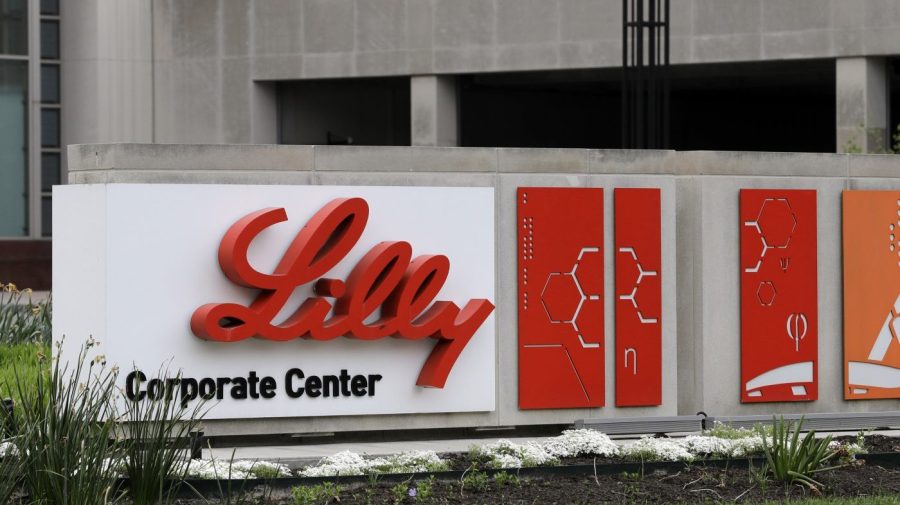
INDIANAPOLIS — On Tuesday, the FDA approved an Alzheimer’s drug from Indianapolis-based Eli Lilly and Company.
“Kisunla” is only the second drug that’s been shown to slow the memory-destroying condition. Although the medication has only been approved for patients with early or mild cases, some who’ve been affected by the disease say its development marks a big step forward in the fight against Alzheimer’s.
“When a loved one of your’s has Alzheimer’s, you essentially lose them twice,” Olivia Purevich said.
That means Purevich has felt that kind of loss four times. First, when her grandmother developed Alzheimer’s. Then, her father began showing symptoms as well at 52 years old.
“We kind of blew it off, like sometimes that happens,” Purevich said. “Then he started getting lost driving. My mom, at that point, was caring for her mother-in-law and her husband at the same time.”
Until just recently, the only care options patients had treated the symptoms of Alzheimer’s, not the disease itself.
“The difference now with this class of agents, and there is one other that is on the market, is we’re actually modifying the disease,” said Dawn Brooks, global development leader at Eli Lilly and Company.
Kisunla was designed to help remove the buildup of plaques in the brain that are associated with memory and thinking issues, and ultimately reduce a patient’s risk of progressing to the next stage of Alzheimer’s, significantly.
“What that really means to someone living with the disease is more time,” said Natalie Sutton, chapter executive for the Alzheimer’s Association Greater Indiana Chapter. “More time for independence, more time with family and friends, more time to actively participate in life.”
Though the sticker price is steep without insurance, those who’ve been affected by the disease say the time it could buy is priceless.
“My dad passed away October 20, 2020,” Purevich said. “I got married October 16, 2021. If he was receiving this drug today, he could have been at my wedding, potentially.”
Purevich has hope that, by the time she reaches the ages her family members were at the time of their diagnoses, even more treatment options might enter the market.
“I cannot thank (researchers) more for working hard on this because it’s really important,” Purevich added.
“We do still have more work to do, but we’re excited about this progress and how it will allow us to build upon it in the future,” Sutton said.
Sutton emphasized the importance of early detection when it comes to Alzheimer’s. If this news raised any questions about Alzheimer’s or any form of dementia, she recommends reaching out to the association‘s 24/7 helpline at 800-272-3900.


